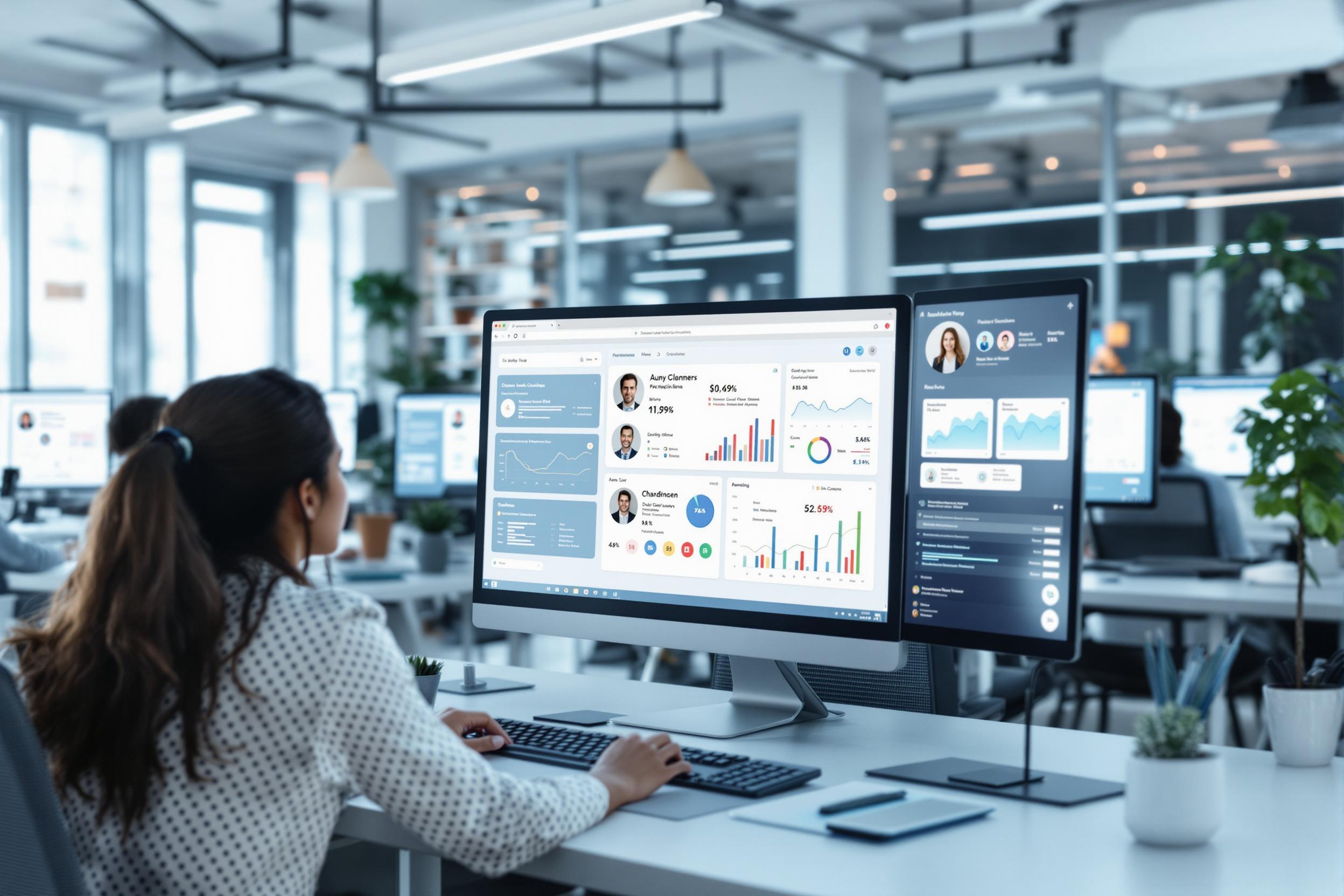
Effect Engine
An Effect Engine is a specialized piece of lighting equipment used in theaters, concerts, and live events to create dynamic visual effects. It's like a smart lighting controller that can generate various moving patterns, colors, and atmospheric effects such as fog, water ripples, or fire simulations. Think of it as a 'special effects generator' for stage lighting. Different manufacturers might call it a 'Media Server,' 'Effects Generator,' or 'Digital Effects Unit,' but they all serve the same basic purpose of enhancing stage productions with pre-programmed or custom lighting effects.
Examples in Resumes
Programmed complex light shows using Effect Engine and Media Server systems for Broadway-style productions
Maintained and operated Effect Engine equipment for touring concert productions
Designed custom lighting sequences with Effects Generator for major music festivals
Typical job title: "Lighting Technicians"
Also try searching for:
Where to Find Lighting Technicians
Professional Organizations
Online Communities
Job Resources
Example Interview Questions
Senior Level Questions
Q: How would you approach programming a complex show with multiple effect engines?
Expected Answer: A senior technician should discuss show planning, backup systems, synchronization between devices, and creating custom effects libraries while emphasizing the importance of reliable backup plans and time management.
Q: How do you train junior technicians on effect engine operations?
Expected Answer: Should demonstrate teaching methodology, safety protocols, common troubleshooting techniques, and how to break down complex operations into learnable steps for new team members.
Mid Level Questions
Q: What's your process for creating and storing custom effects?
Expected Answer: Should explain how to create, save, and organize effects, maintain a library of frequently used effects, and implement proper backup procedures.
Q: How do you handle technical failures during a live show?
Expected Answer: Should discuss backup plans, quick troubleshooting steps, and how to maintain show continuity while resolving technical issues.
Junior Level Questions
Q: What are the basic components of an effect engine?
Expected Answer: Should be able to describe the main parts like the control interface, effect libraries, and basic programming functions.
Q: How do you prepare an effect engine for a show?
Expected Answer: Should explain basic setup procedures, safety checks, and preliminary testing processes.
Experience Level Indicators
Junior (0-2 years)
- Basic effect engine operation
- Loading and playing pre-programmed effects
- Simple troubleshooting
- Following cue sheets
Mid (2-5 years)
- Creating custom effects
- Programming complex sequences
- Equipment maintenance
- Show operation
Senior (5+ years)
- Advanced effect programming
- System design and integration
- Team leadership
- Show design and management
Red Flags to Watch For
- No hands-on experience with professional lighting equipment
- Lack of knowledge about basic safety protocols
- No experience with live productions
- Unable to explain basic lighting concepts




